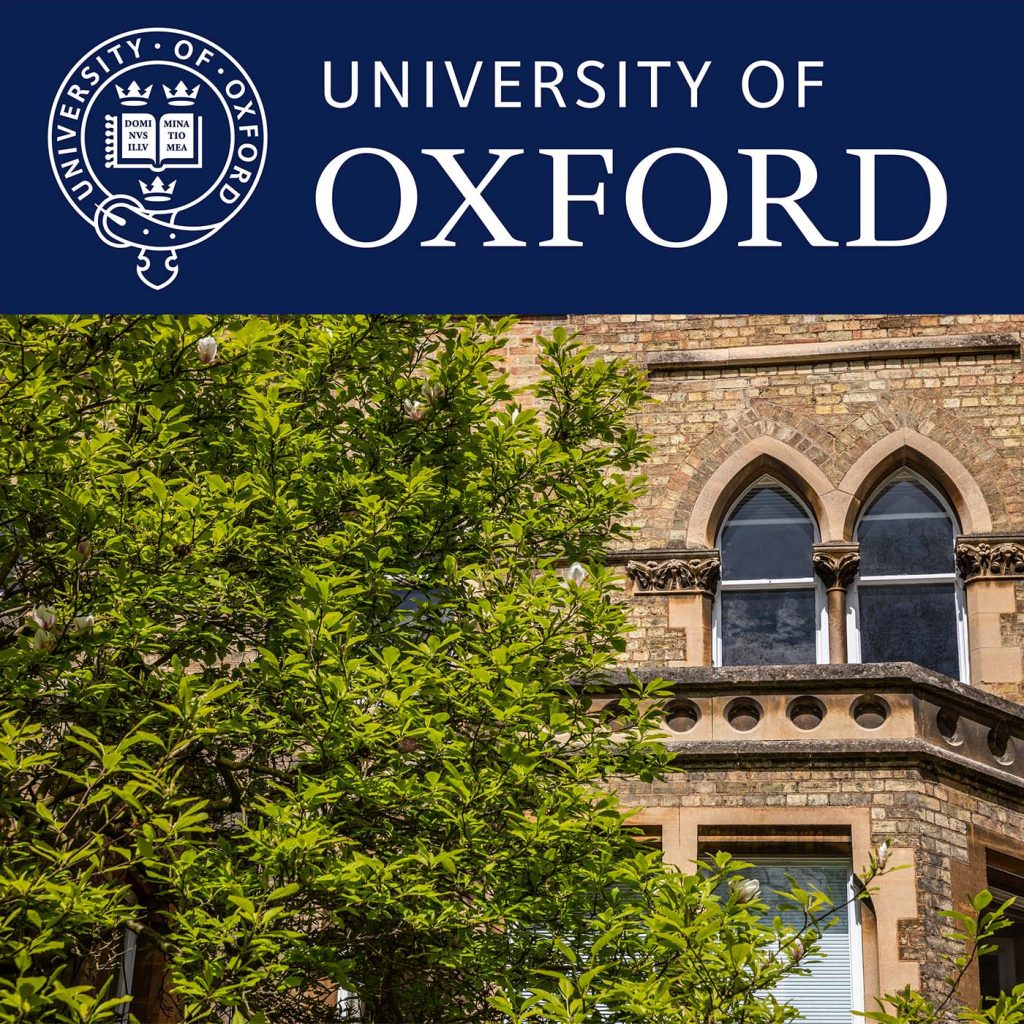Podcast Description
The significance of teacher education has increased globally over recent decades. From international reports through to political manifestoes in many countries, teacher education is seen as crucial in the development of successful education systems. Within a globalized world, therefore, teacher education has become a key plank of economic and social development. The character and worth of teacher education nevertheless are contested in some contexts resulting in significant variations in how global influences have interacted with specific trajectories in different nation states. Comparative research on teacher education reveals important paradoxes. While the importance of preparing highly qualified teachers is widely recognized, lack of common definitions and prevailing assumptions about what it means to learn to teach affect in significant ways the structure, the curriculum and the pedagogy of teacher education globally. Views on the knowledge, skills and dispositions that teachers need to be effective and how to acquire them are highly variable and result in significant differences in their ability to teach an increasingly complex curriculum to diverse learners. As many nations attempt to increase the supply of qualified teachers as a prerequisite to accomplish UNESCO’s Sustainable Development Goals, engagement in comparative education research may help to re-imagine the teacher education project and to reconstruct a fragmented professional field.
More from this series






